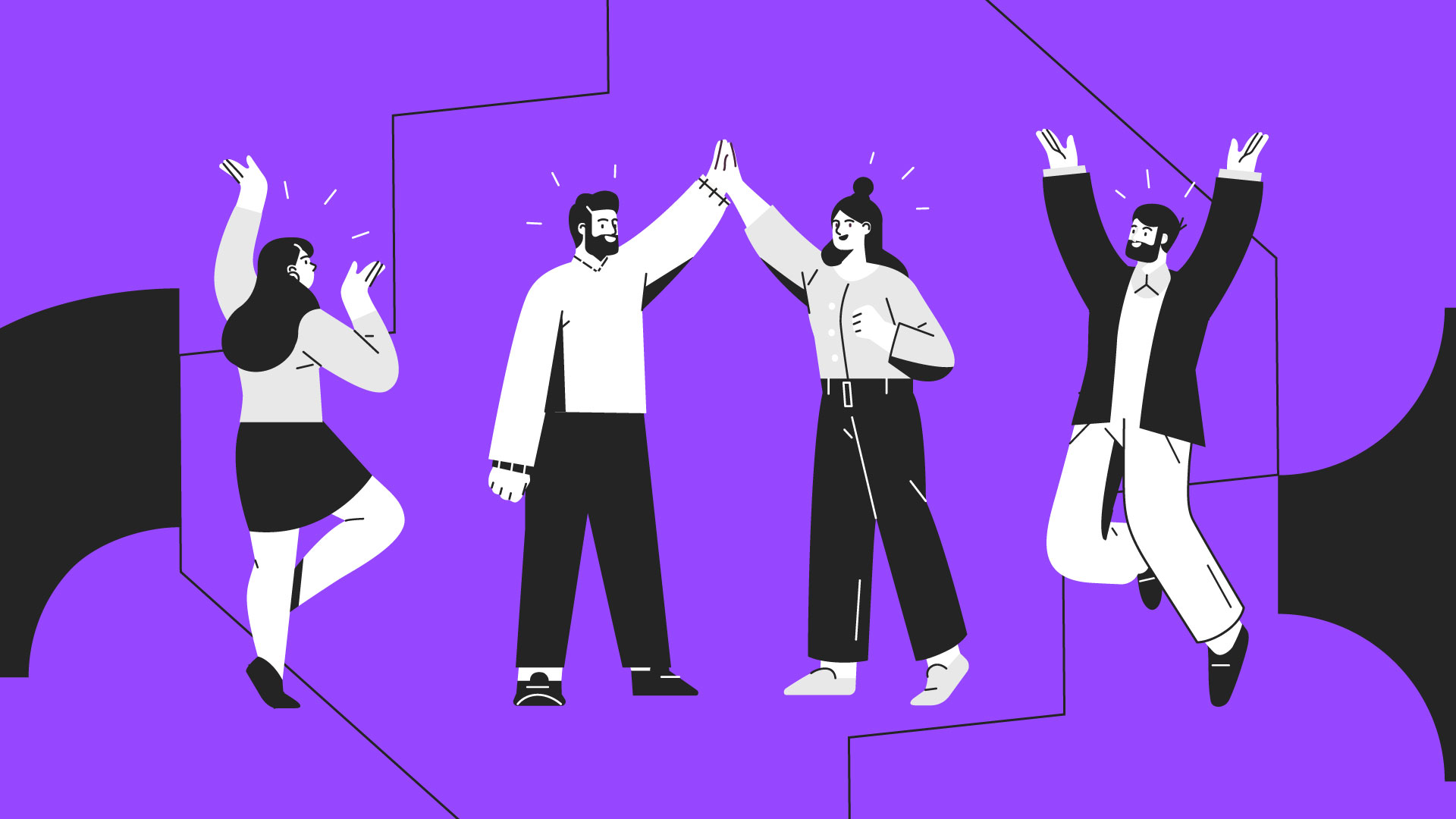Health insurance policies are notorious for the never-ending list of terms, conditions and disclosures. For example, do you know if your health insurance policy will cover you if you are struck by lightning? We take a look at some of the common, but lesser-known, exclusions that come with health insurance policies in the UAE.
Natural calamities
Treatments for injuries or medical conditions that result from earthquakes, floods, volcanic eruptions and other natural disasters are not covered by some health insurance companies in the UAE. Thankfully, storms are not common in Dubai, because in some cases, lighting is considered a natural calamity under the policy exclusions.
War & terrorism
If you are injured due to war, a foreign invasion, revolution or terrorism, then your health insurance policy will not cover you. This applies to virtually all medical insurance providers.
Dangerous sports
If you are injured scuba diving, bungee jumping, practicing martial arts or skiing, you should probably avoid telling that to your insurer. Most providers in the UAE will not cover any injuries or conditions that are a result of ‘dangerous sports’. The specific activities are usually listed in the policyholder’s handbook.
Epidemics
Some insurance companies have a clause, hidden among the terms & conditions that states they will not cover an illness that is defined as an epidemic by the World Health Organization. Diseases that have made the list include Avian flu, Cholera, Coronavirus (MERS-CoV), Ebola, Plague, Smallpox and SARS.
Radioactive contamination
Stay away from nuclear reactors! This is one of the most common exclusions in a health insurance policy; any condition that can be attributed to radioactive contamination will not be covered.
Deviated nasal septum
This condition, also known as DNS, refers to when the wall between your nostrils is displaced to one side. It is actually very common with some experts estimating that it effects 80% of people. In moderate to severe cases, it leads to nasal congestion, blocked sinuses, difficulty breathing, snoring and sleep apnea. Surgery is the most effective way to treat deviated nasal septum, but unfortunately, almost all health insurance policies exclude treatment of the condition. This exclusion clause is sometimes contained under sleeping disorders or plastic surgery.
Assisted conception
While coverage for newborns is a common benefit, some medical policies will not cover a child that was conceived as a result of assisted reproduction such as artificial insemination, in vitro fertilization or surrogacy.
Age related conditions
Poor hearing, deteriorating vision, dementia, menopause, osteoporosis and senility are usually considered to be natural conditions due to old age that are excluded from a health insurance policy.
Congenital conditions
Unfortunately, most insurance companies will not cover the treatment of a disease or condition that a baby is born with. Even the most expensive plans will exclude such conditions.
Every policy will include a list of standard exclusions; while most plans will contain the common ones at a minimum, make sure you go through this list before you buy health insurance to confirm any benefits or procedures you have in mind are not excluded. Otherwise, you will be disappointed with your decision.
Related articles:
Focus On Hospital Accommodation When Comparing Health Insurance








Get Social